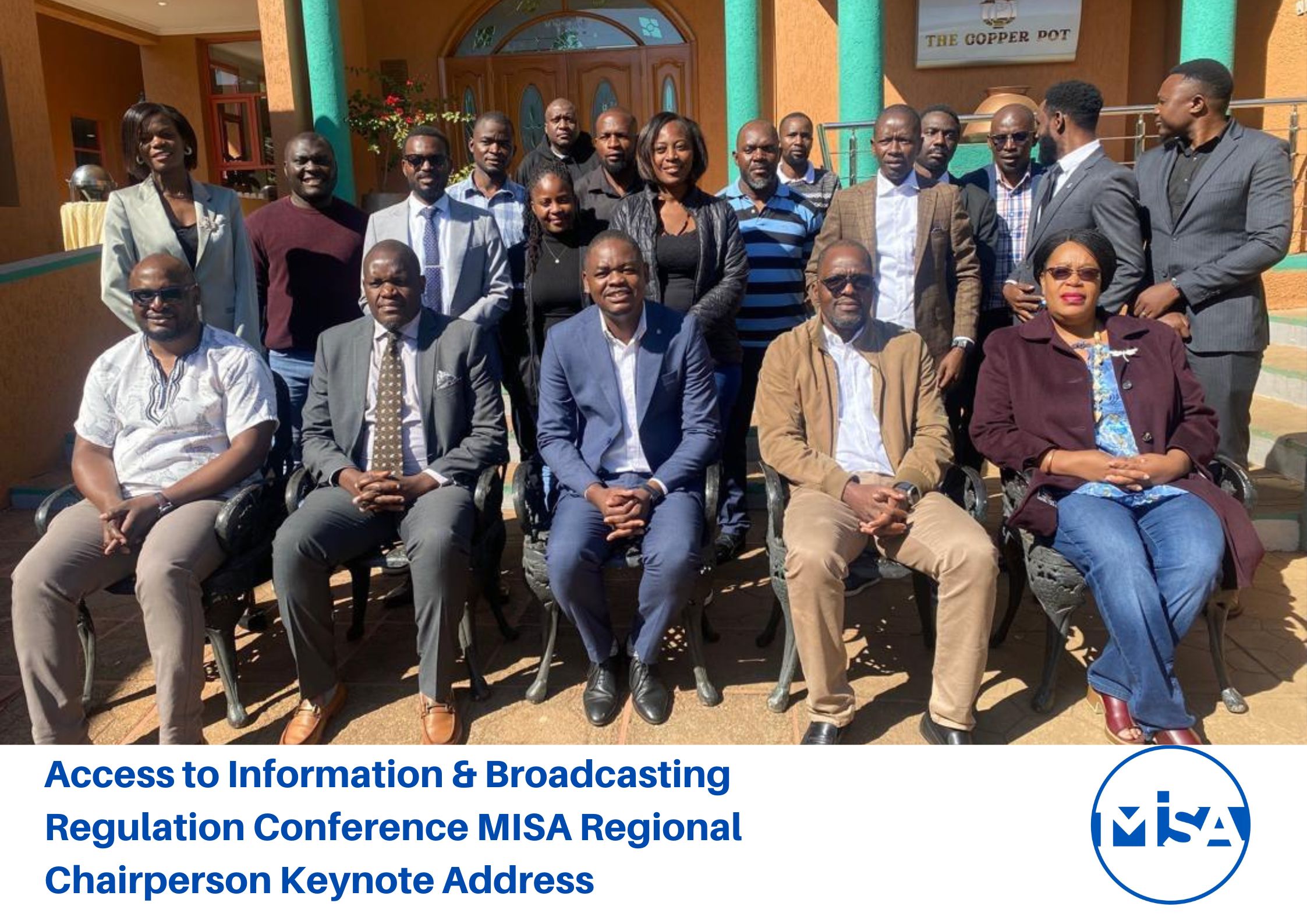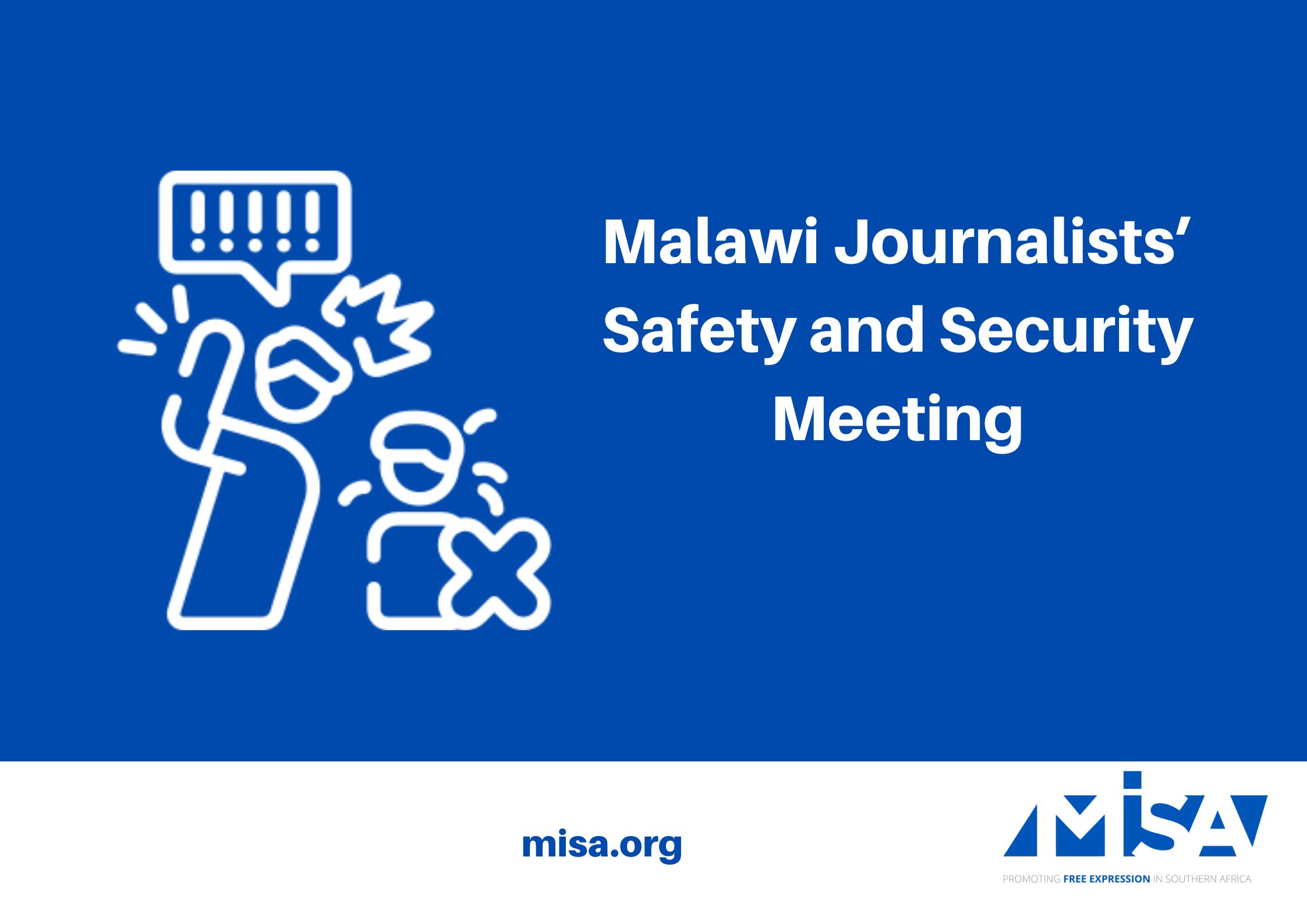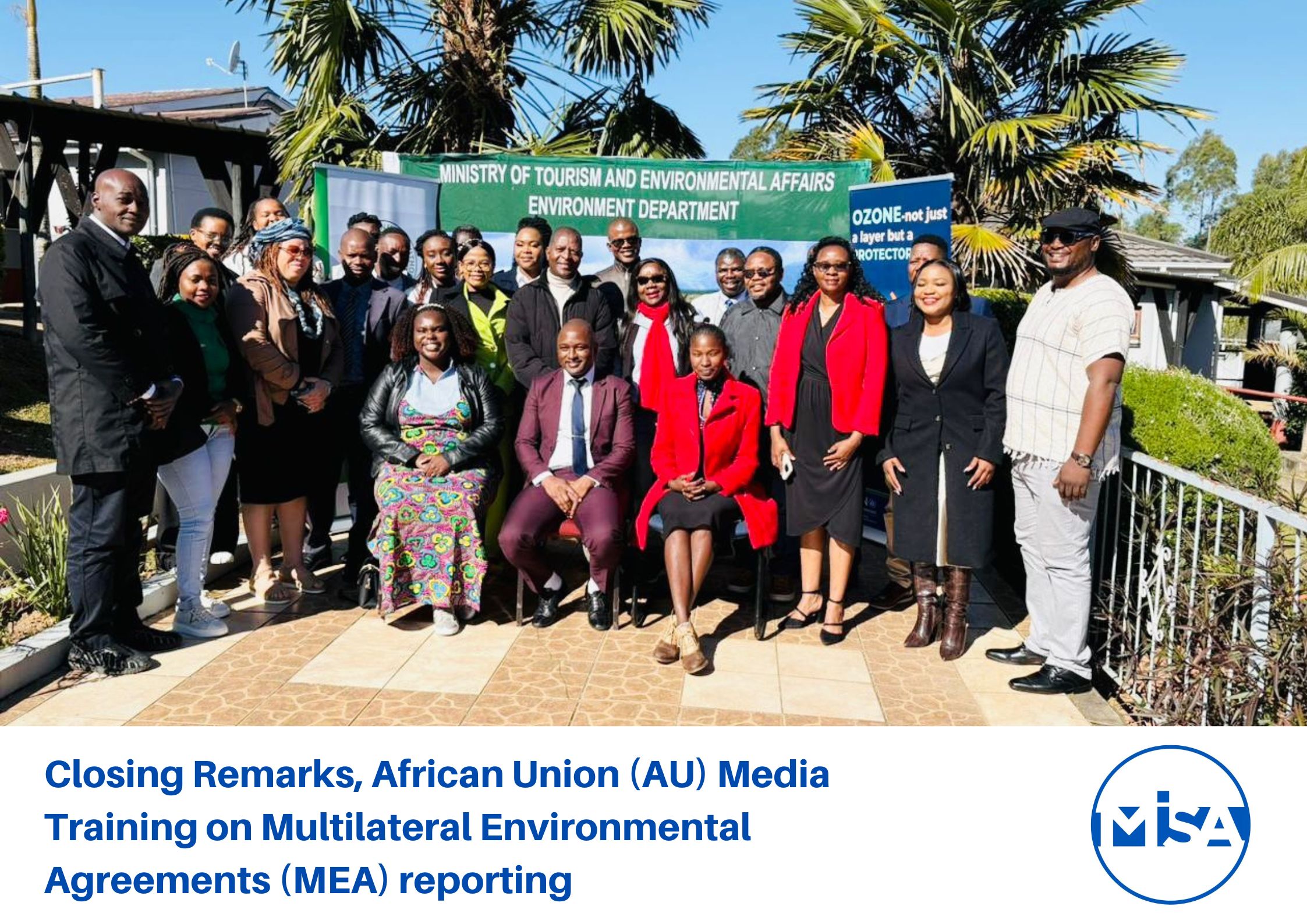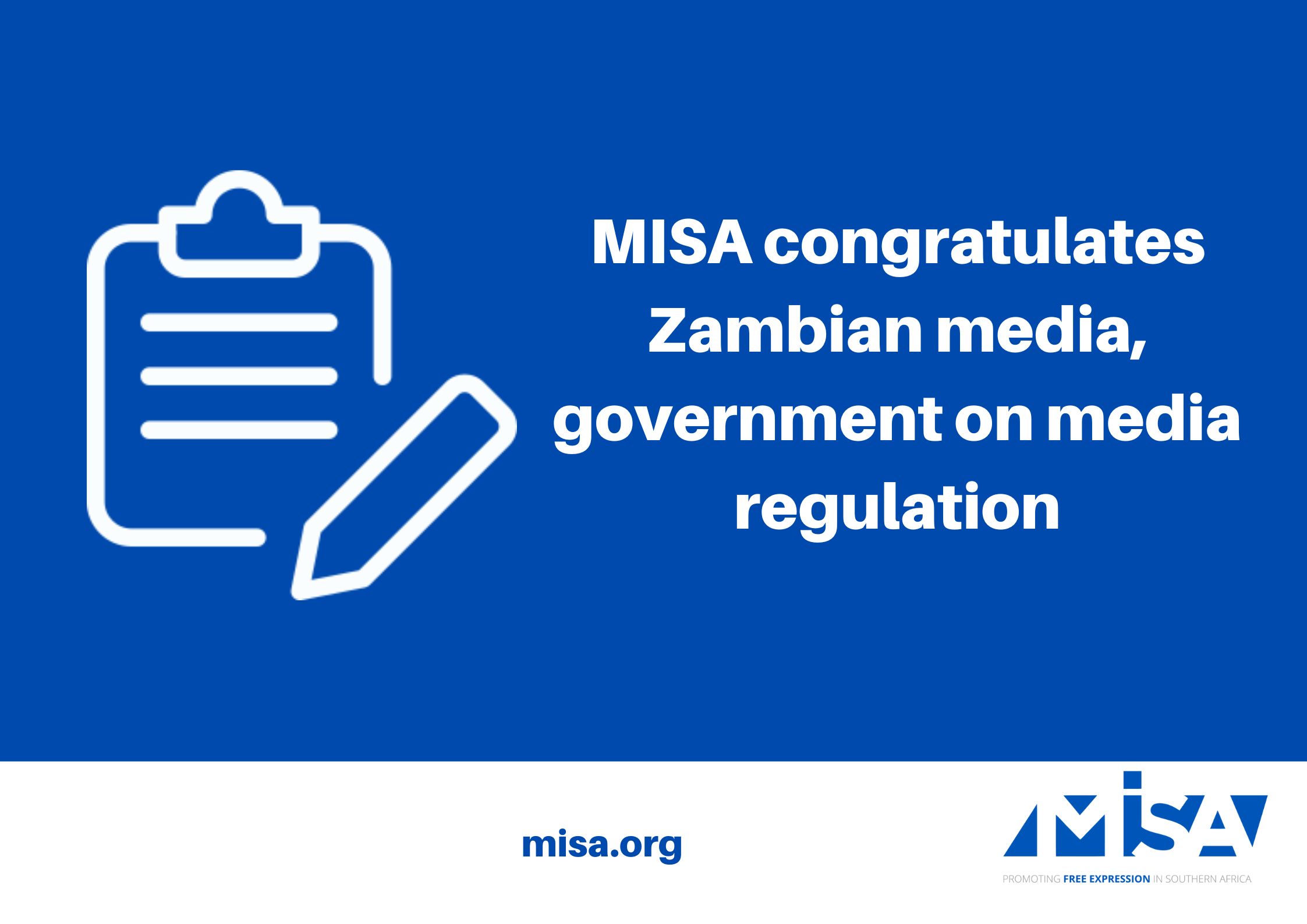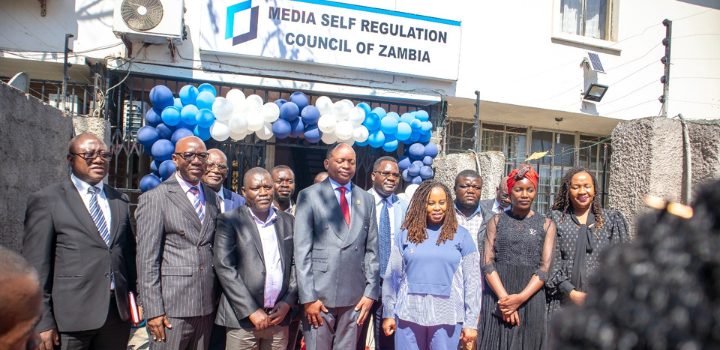The 10th edition of the Global Internet Governance Forum (IGF) opened in Joao Pessoa, Brazil on 10 November 2015 with a call by the United Nations for respect and observance of basic human rights online.
As monitored by MISA Zimbabwe’s Kholiwe Majama, UN Special Rapporteur on the Promotion and Protection of the Right to Freedom of Opinion and Expression, David Kaye, said in forging a multi-stakeholder approach for internet governance, it is imperative to take into account the principles of fundamental human rights.
Addressing delegates to the IGF, among them, representatives of government, civil society, ICT organisations and regional and international media, Kaye cited challenges impinging on the realisation of greater freedom of expression and opinion by the media as a sector as well as individuals.
Noting that trends offline were replicated online, he stressed the need to debunk perceptions that those who use new media such as bloggers and academics, are less protected by Article 19 of the Universal Declaration of Human Rights as opposed to mainstream print and broadcast media journalists.
The UN Special Rapporteur noted the key challenges to human rights online as:
- Glaring legal uncertainty of freedom of opinion and expression in the corporate ICT sector despite the diversity in approaches and platforms of accessing and sharing content.
- Mass and targeted online surveillance poses a direct threat to the ability of the media, academics, civil society and activists to seek and receive information.
He noted that encryption and anonymity serve as protection as they empower users to browse, read and develop and share opinions and information without interference. It also enables journalists and civil society to create space for democratic citizen participation and accountability by governments.
- Misconception that connecting users to the internet is about governance and resources alone. He noted that connection to the internet should be connection based on rights to ensure true and full access and protection of online users.
- Censorship, in the form of content filtering, throttling and pulling down of infrastructure, platforms, posts and digital attacks, continue to threaten freedom of expression.
- This edition of the IGF being held under the theme: Evolution of Internet Governance: Empowering Sustainable Development, also marks the 10thanniversary of the World Summit on the Information Society (WSIS), whose second phase held in Tunis, in November 2005, formally created and outlined the mandate of the IGF.
MISA is represented at the conference by representatives from Zimbabwe, Zambia and Malawi’s respective national offices.
For a list of selected workshops and discussions for remote participation please visit www.intgovforum.org




